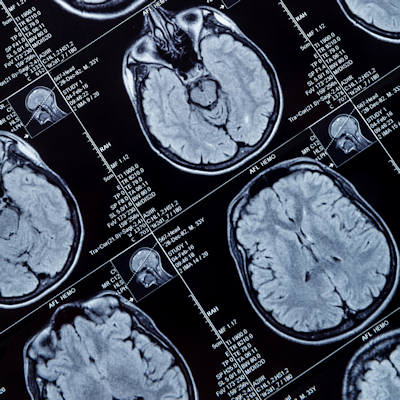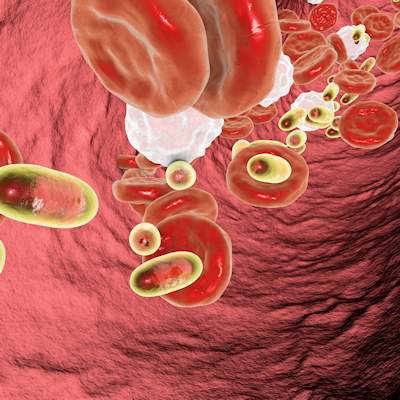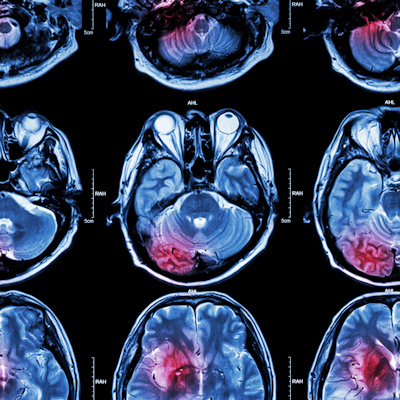 Blood-brain barrier cells regulate neurons in fruit flies, suggesting role in neurodegeneration
Blood-brain barrier cells regulate neurons in fruit flies, suggesting role in neurodegeneration
Cells in the blood-brain barrier regulate nerve ensheathment and neurotransmitter release in fruit flies, suggesting they may play a role in neurological conditions in humans. Read More
 Repurposed drug shows promise in animal studies as potential therapy for ALS
Repurposed drug shows promise in animal studies as potential therapy for ALS
A drug used to treat enlarged prostates and high blood pressure could help to slow the progression of motor neuron disease, which is also known as amyotrophic lateral sclerosis (ALS), a fatal neurodegenerative disorder. Read More
 Nanoparticles protect mice from blood vessel rupture, offers potential therapy for abdominal aortic aneurysms in humans
Nanoparticles protect mice from blood vessel rupture, offers potential therapy for abdominal aortic aneurysms in humans
Administration of small interfering RNA nanoparticles has protected mice from sudden death due to the rupture of a major blood vessel in the abdomen, setting the stage for research that could ultimately enable treatment for people at risk of life-threatening abdominal aortic aneurysm. Read More
 Technology restores cell, organ function in pigs an hour after their deaths
Technology restores cell, organ function in pigs an hour after their deaths
Yale University scientists were able to restore blood circulation and other cellular functions in pigs a full hour after their deaths from cardiac arrest by using technology that delivers a specially designed cell-protective fluid to organs and tissues, according to a paper published August 3 in the journal Nature. Read More
 Researchers identify T cells that protect against ischemic stroke in mice
Researchers identify T cells that protect against ischemic stroke in mice
University of Pittsburgh neurologists and immunologists have identified a subset of CD8+ regulatory-like T cells (CD8+TRLs) that provide fast-acting and lasting protection against ischemic stroke in mice, offering a potentially novel immunotherapy for stroke in humans. Read More
 Map of brain changes in Alzheimer’s reveals potential target cell for drug therapies
Map of brain changes in Alzheimer’s reveals potential target cell for drug therapies
A National Institute of Aging-backed project has released large-scale cellular and molecular information taken from more than 1.2 million neurons and other brain cells. Read More
Conferences
Science Briefs
Member Rewards
Earn points for contributing to market research. Redeem your points for merchandise, travel, or even to help your favorite charity.
Research Topics
Interact with an engaged, global community of your peers who come together to discuss their work and opportunities.
Connect
Tweets by @ScienceBoard






